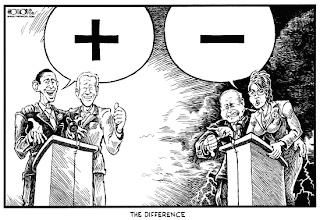Preparation for college is an exciting adventure. After receiving the long awaited acceptance letter, it's hard to think of anything else. The summer between graduation and college seems to last forever. "I can't wait to get out of here" became my favorite phrase during the months of June, July, and August. The freedoms associated with college life seem great--no parents, no chores, not another boring weekend. With all this in mind, I couldn't wait to pack up and hit the road. My departure day finally came! I remember pulling out of my driveway and saying goodbye to my house--after all, it would be quite a while before I'd be back on Nebraskan soil. After arriving on campus, and unpacking all my things, I remember feeling a "tinge" sadness to think that my family would be leaving me in a few days. The morning they left was tough--it is for any new student. The freedom I previously counted as blessing, seemed like a curse. No one to help me with laundry, no familiar face greeting me in the morning, and no one to whisper "I love you," right before bed at night. As they drove off, I remember thinking, "It's all up to me now."
While I gained new independence, I lost a certain connection with my family. Although the adjustment didn't seem like such a big deal in the beginning, I truly realize the impact of family and friendship. You definitely don't know what you've got until it's gone.
___________________________________________________________
I am now going on my third week of college. Between the classes, activities, and friendships I have made, I know I can get through. This new shift--college--isn't so bad after all. My future here looks bright.



























